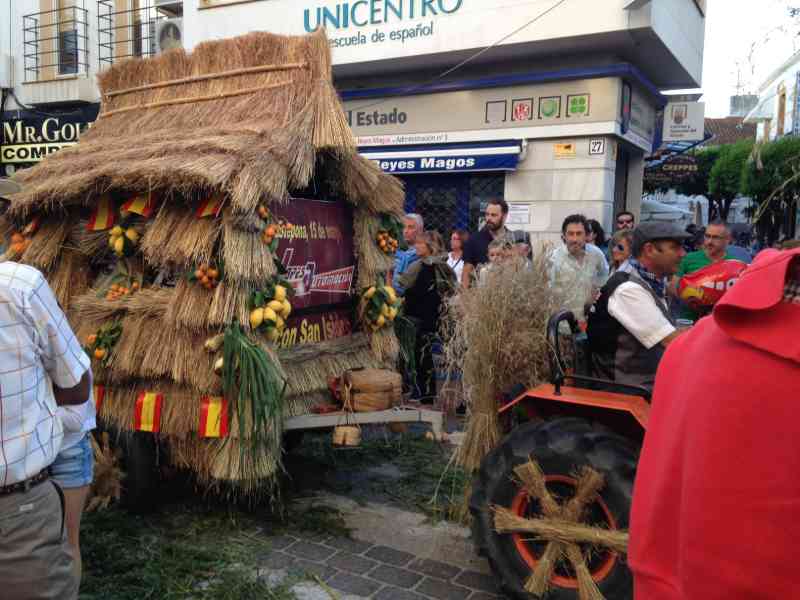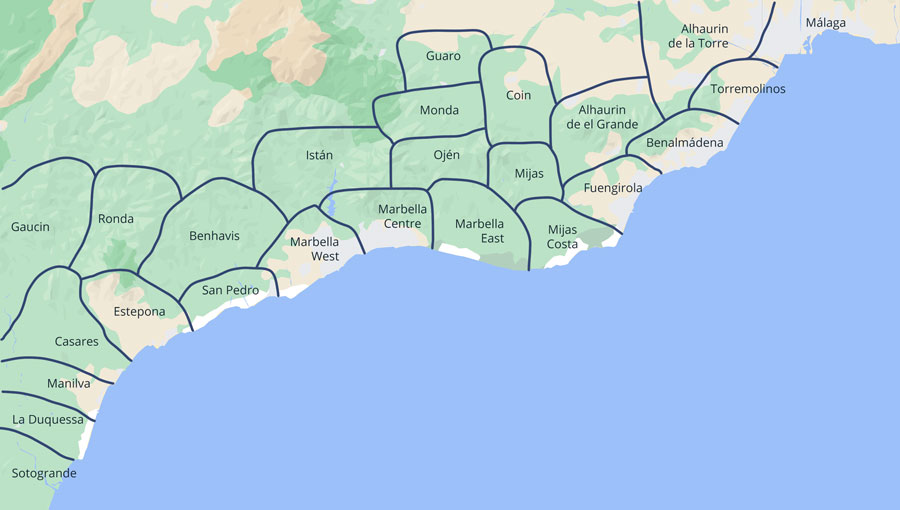Estate agents on the Costa del Sol
To integrate or not? Balancing local and expat culture.

Congratulations! You’re moving to Spain. You must be very excited! And so you ought to be. You’re about to discover a whole new culture, language, way of doing things and general attitude towards life. As someone who has moved to a new country four times in 10 years, I have found it useful to not to concentrate on stereotypes and approach the new country of residence with as open a mind as you can muster.
Granted, there are some pre-existing ideas that are impossible to shake off, but questioning our biases can be a useful tool for understanding the people who surround us - as much as they may seem weird and wacky, there’s method to their madness, and they have a good a reason as we do to act in the ways they do. What we do and how we do it is socially and culturally ingrained, so an attempt at a deeper understanding of underlying values is paramount when it comes to grasping a new country’s lifestyle.
In order to avoid frustration there are some key things you need to know. For instance, as you know, it can get very hot in Spain, especially in the south, and especially in the summer months. This lead to the enormous lunch break/siesta time that we witness nowadays, and can lead to immense heartache when we try to go for a post-lunch shopping spree. In this regard, it helps to adapt. The same goes for meal times. You do not have to adopt this, but you must understand that in Spain lunch is the most important meal of the day, and they hardly have breakfast at all - much to the medical community’s chagrin, many media outlets can be seen promoting breakfast as an important meal, since for many people a coffee and a tostada (slice of toast) suffice. Lunch is the time for family or colleagues to come together and have a long, nutritious meal and socialise. The heat and big portion sizes lead to a snoozing period after which work will resume. One of the key differences between Spanish culture and our own, however, is that work is not seen as being of upmost importance. In general, people work to live and do not live to work, whereas in our country it is increasingly the other way around. This could be considered as a big reason to move to Spain. If you want to escape the rat-race, this may be the place for you.
Do not be intimidated by the differences between their culture and our own, however. You will not be forced to do or be anything, and if you’re not interested in learning the language or integrating - which is entirely your prerogative - there is a thriving expat community on the Costa del Sol which will welcome you with open arms. Be sure to look out for golf clubs and areas with many English-speaking shops, you will find people of your own nationality in these places. Facebook can also be a fantastic resource, with many groups organising outings and events which range from running in races to drinks and parties. It’s up to you what your Spanish experience turns out to be, and whether that means adopting parts of the local culture or mingling with your own people, the Costa del Sol has all of this and more to offer.
Image: Paul Henderson, TSEA team, at the Harvest Festival.






 We are proud to announce that The Spanish Estate Agent has been awarded Best Luxury Boutique Real Estate Broker 2025. This prestigious recognition reflects our unwavering commitment to excellence, personalized service, and exceptional results in the luxury property market.
We are proud to announce that The Spanish Estate Agent has been awarded Best Luxury Boutique Real Estate Broker 2025. This prestigious recognition reflects our unwavering commitment to excellence, personalized service, and exceptional results in the luxury property market.